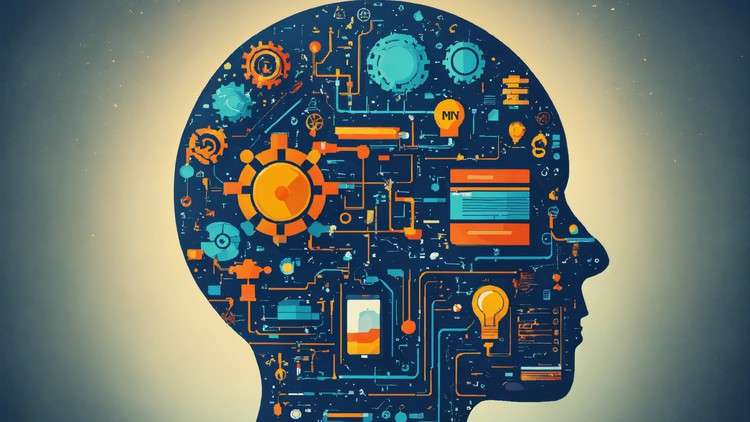
Master critical thinking through this 7-step method
What you will learn
Develop structured problem-solving techniques including using fishbone diagrams, 5 Whys analysis, and asking probing questions
Learn objective analysis skills to break down arguments, identify assumptions, check for biases and logical fallacies, and map out interconnections
Master pragmatic decision-making frameworks to evaluate alternatives and anticipate outcomes
Gain implementation, evaluation, and iteration skills for continuous improvement using Gnatt charts and breakdown structures
Description
Develop your critical thinking skills with this comprehensive 7-step framework. The course provides structured techniques to master critical analysis and evaluation across diverse contexts. Learn to clearly define problems, gather comprehensive information, conduct in-depth analysis, develop optimal solutions, plan robust implementation, evaluate impact and outcomes, and iterate for continuous improvement.
The first steps cover clarifying problems through fishbone diagrams and asking probing questions. Next, gather wide-ranging information from surveys, interviews, and analytics while validating sources and relevance. Analyze information by breaking down arguments, checking for fallacies and biases, and mapping assumptions. Brainstorm solutions and use decision matrices to weigh alternatives. Plan implementation through work breakdown structures, Gantt charts, and scenario analysis. Evaluate impact with comparative analysis, feedback surveys, and SWOT analysis. Finally, reflect on lessons learned and create ongoing iteration mechanisms.
Throughout the course, you will gain skills in assumption evaluation, bias mitigation, argument analysis, diverse perspective-taking, anticipating outcomes, decision-making under uncertainty, and structural problem-solving. Become an incisive thinker able to develop solutions and strategies aligned to complex challenges. Join this complete critical thinking course to gain essential skills for professional and personal success. Enroll for this course if you are looking for an extensive model that covers all aspects of critical thinking.
Content